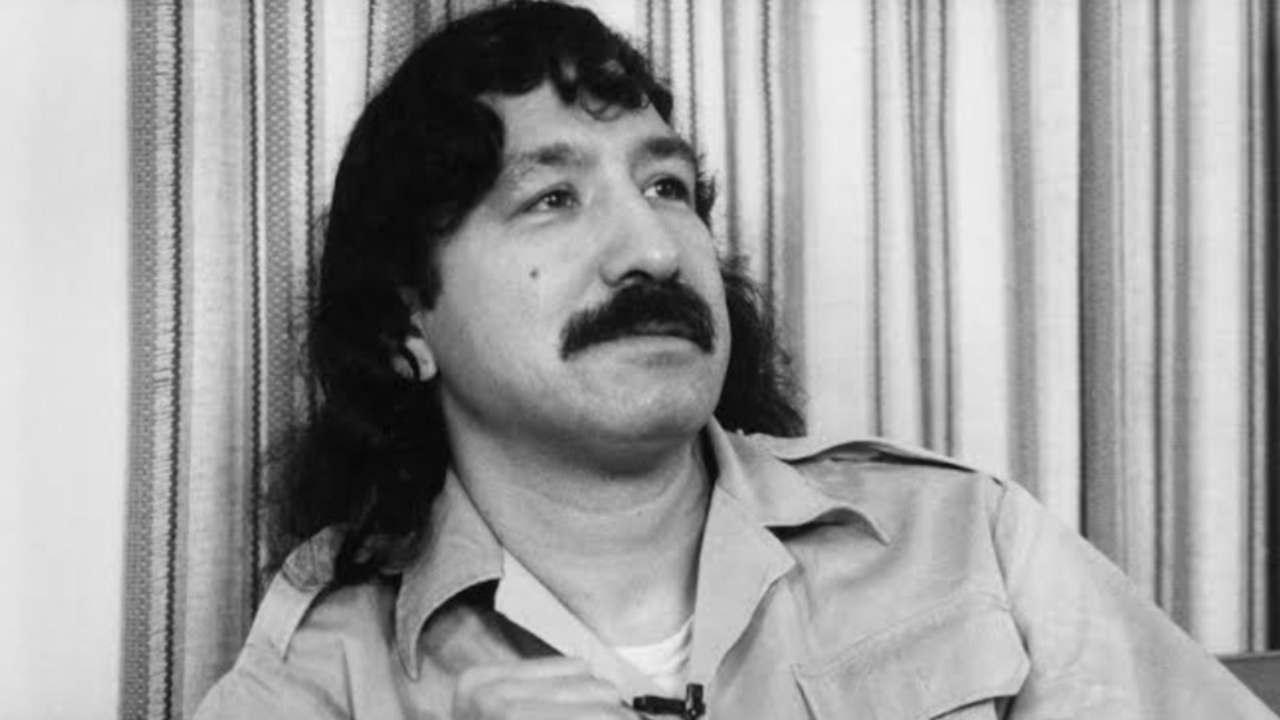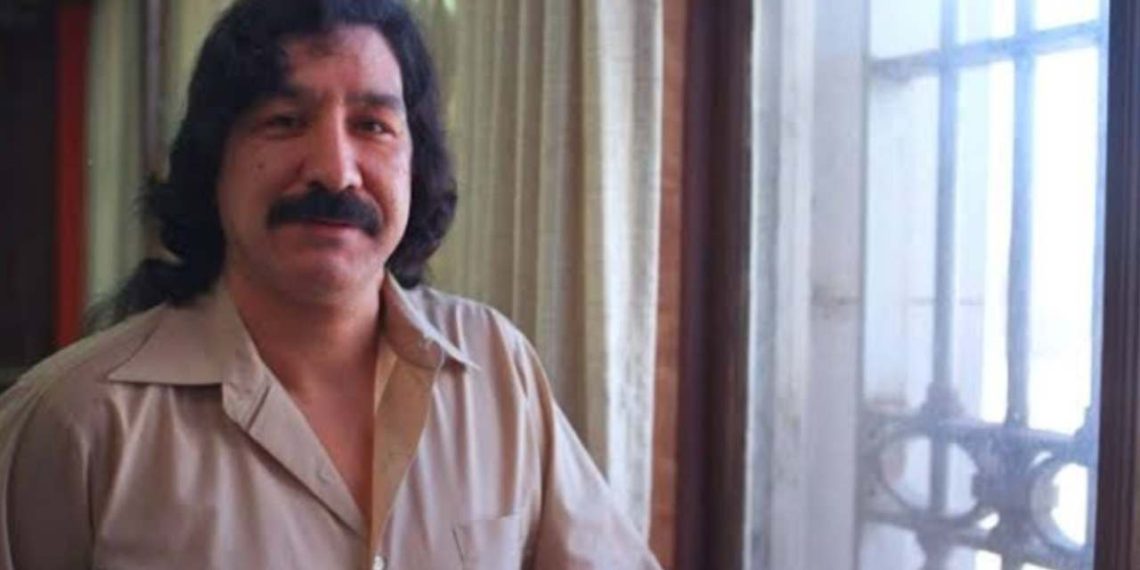Leonard Peltier’s case has garnered significant attention over the years, with many advocating for his release due to concerns about the fairness of his trial.
It’s crucial for parole boards to carefully consider all aspects of his case during his upcoming hearing.
The FBI’s stance on Leonard Peltier’s case underscores the complexities and differing perspectives surrounding his conviction. Such strong statements highlight the gravity of the situation and the need for thorough examination during his parole hearing.
“Throughout the years, Peltier has never accepted responsibility or shown remorse,” Wray wrote to Patricia Cushwa, acting chair of the US Parole Commission, on 7 June. “He is wholly unfit for parole.”
It’s significant that Leonard Peltier was scheduled to meet with a US Parole Commission federal agent, indicating a step forward in the parole review process. These discussions are crucial for presenting his case and advocating for potential release.

Leonard Peltier’s acknowledgment of being present during the incident but maintaining innocence in the killings adds complexity to his case.
It underscores the importance of a thorough review of all evidence and circumstances surrounding the events of that day.
The circumstances surrounding Leonard Peltier’s trial, including allegations of withheld evidence and fabricated affidavits, raise serious concerns about the fairness of the legal process.
The broad support for his release from figures like Pope Francis, Nelson Mandela, and others highlights the international attention and advocacy for justice in his case.
Paul O’Brien’s letter from Amnesty International emphasizes the humanitarian aspect of Leonard Peltier’s case, urging the US Parole Commission to consider the principles of justice and mercy in their decision-making process.
Such appeals underscore the broader moral and ethical dimensions surrounding Peltier’s decades-long incarceration.





